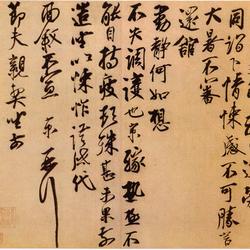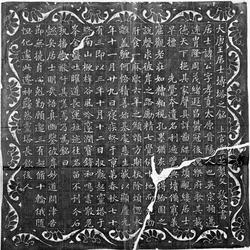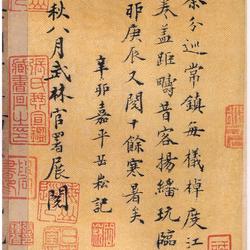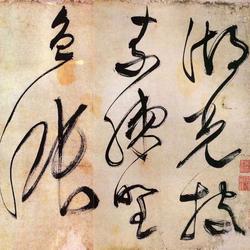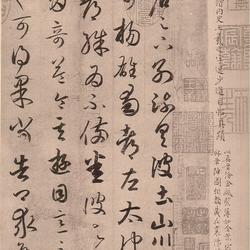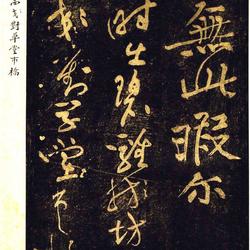Everyone knows that the Tang Dynasty monk Huairen compiled the "Holy Teaching Preface" with the king's calligraphy, but few people know that the same Tang Dynasty monk compiled the "Xingfu Temple Half Stele" with the king's calligraphy.
"Half Stele of Xingfu Temple" is an inscription compiled by Daya and other monks from Xingfu Temple in the Tang Dynasty and published by the calligrapher Wang Xizhi of the Eastern Jin Dynasty. Founded in Chang'an in the ninth year of Kaiyuan (721). This stele is also called the "Wu Wen Stele" or the "Wu Wen Stele, the Great General of the State". Because only the lower half remained when it was unearthed, it was called the "half stele." There are 35 lines in this stele, and each remaining line has 23, 24, or 25 characters, with 3 empty lines. The calligraphy is smooth and well-carved. It is an important inscription for studying Wang Xizhi's calligraphy and is stored in the Stele Forest of the Shaanxi Provincial Museum.
In the Qing Dynasty, Yang Bin said that there were eighteen authors of the king's books in the Tang Dynasty, and "Holy Teaching" was ranked first, and "Xingfu Temple" was second only to "Holy Teaching". The calligraphy is smooth and the imitation is excellent. It is an important original inscription for studying Wang Xizhi's calligraphy. This stele was unearthed in Xi'an, Shaanxi Province during the Wanli Period. "Mo Lin Kuai Shi" states: "Ji Ren Daya is a monk of Xingfu Temple. It is called "Xingfu Tie" in the old world. Ji Wangzi Gu Du got his spiritual strength, so it is Calligraphers value it."
The character "四" in the "Four Prefaces" in the 20th line of the old rubbings is intact, and the character "剧" (jin) in the eight-line "duancai" is intact. Before liberation, the character "四" in the "Four Prefaces" of the old rubbings was found in Mingming Bookstore, Nippon Hakuwendo, Yiyuan Zhendangsha, Ergensha and Nippon "Book Garden" has been photocopied and published.
This stele, together with Huairen's "Holy Religion Preface" written by King Huairen, is a masterpiece among the stele inscriptions written by King Huairen in the Tang Dynasty.
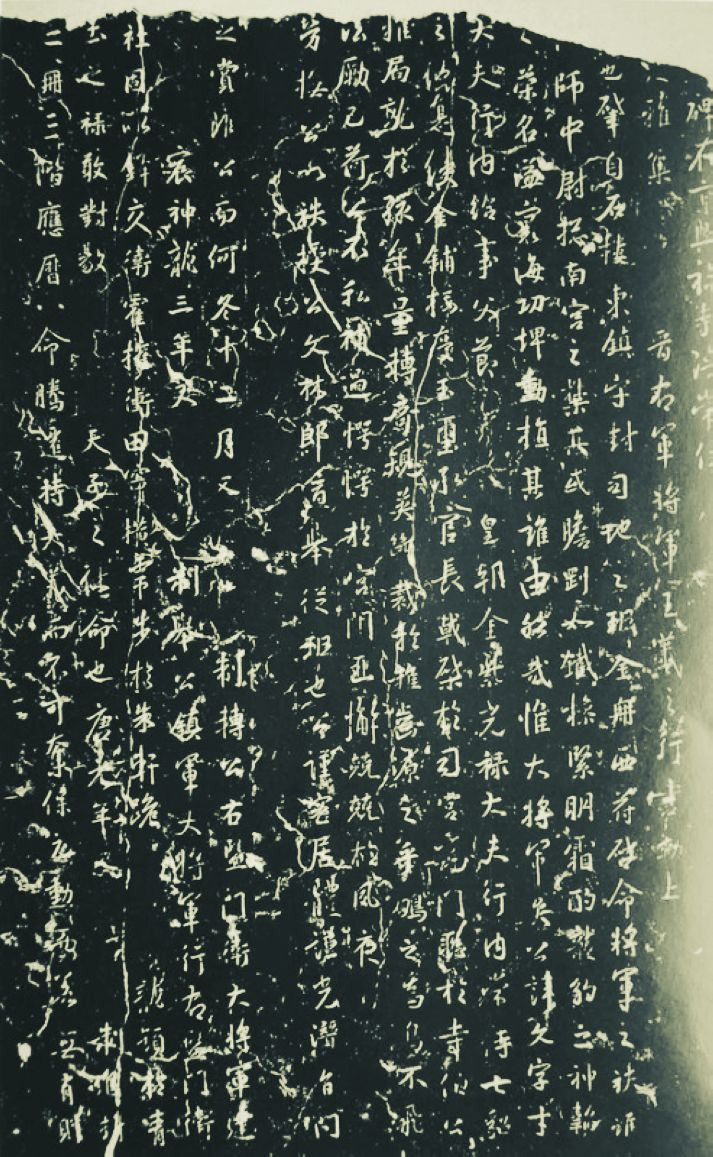
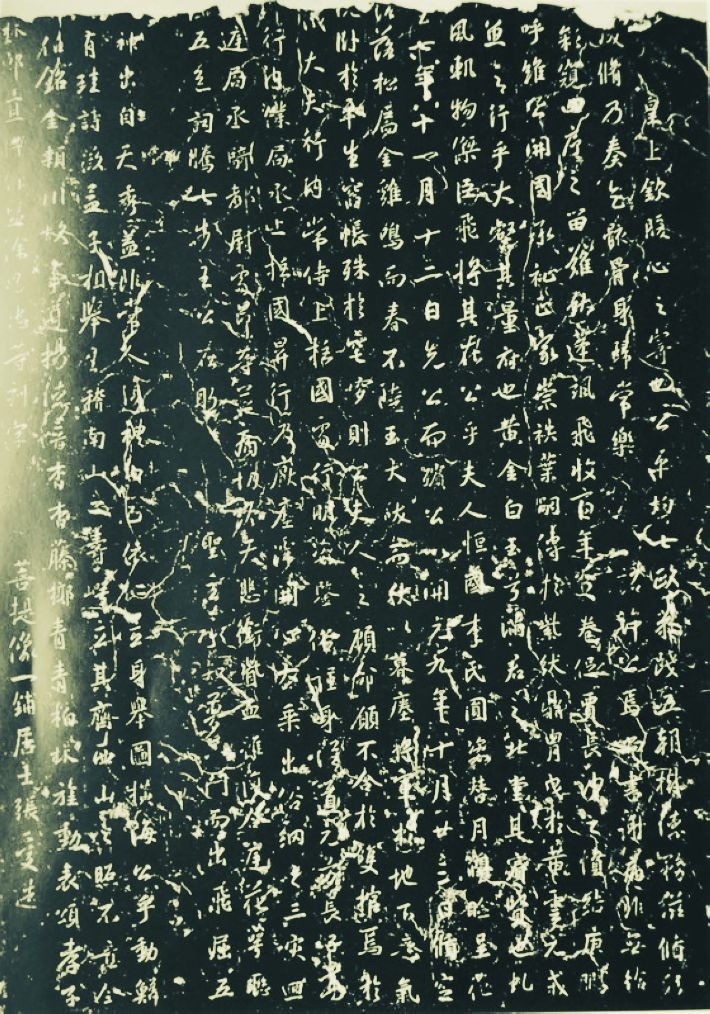
Collection of Wang Xizhi's "Half Stele of Xingfukuji Temple" Collection of Takashimamoto, Tokyo National Museum, Japan
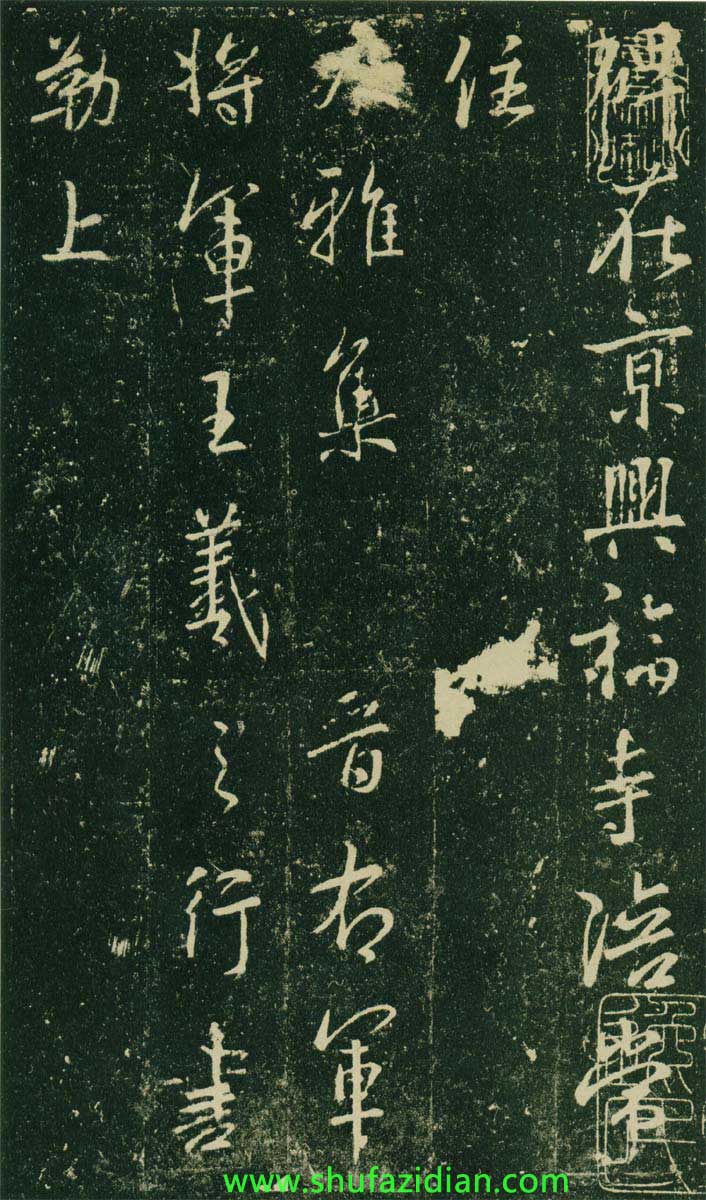
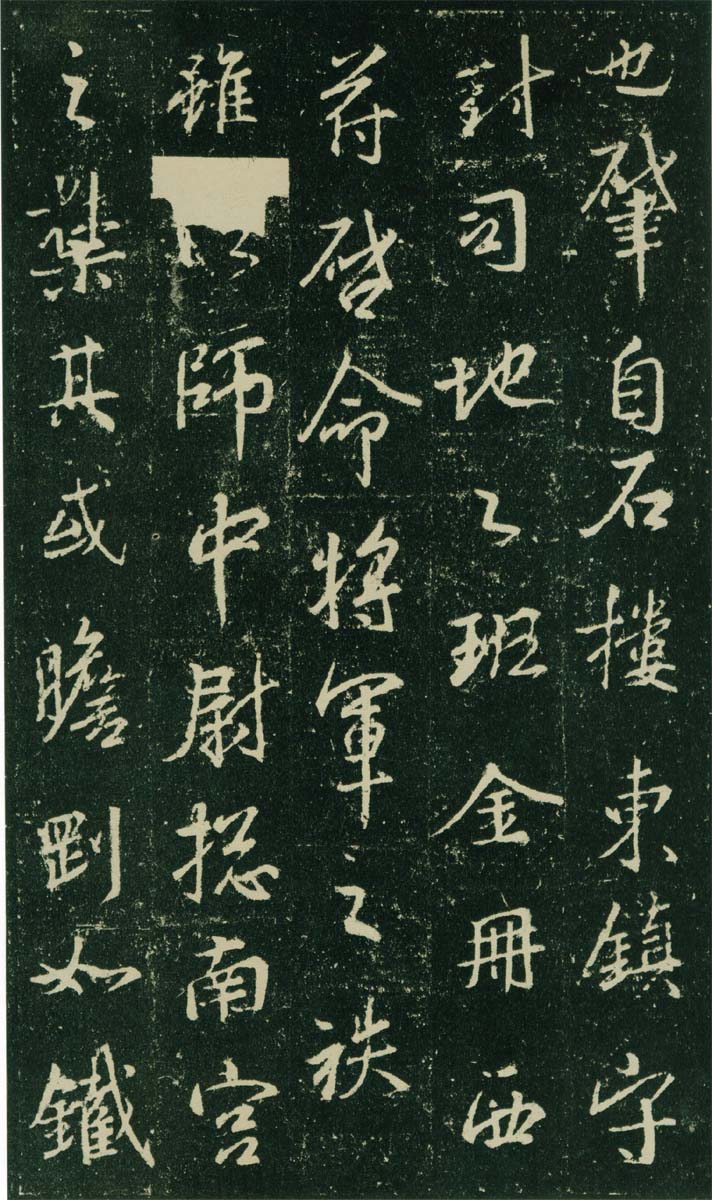
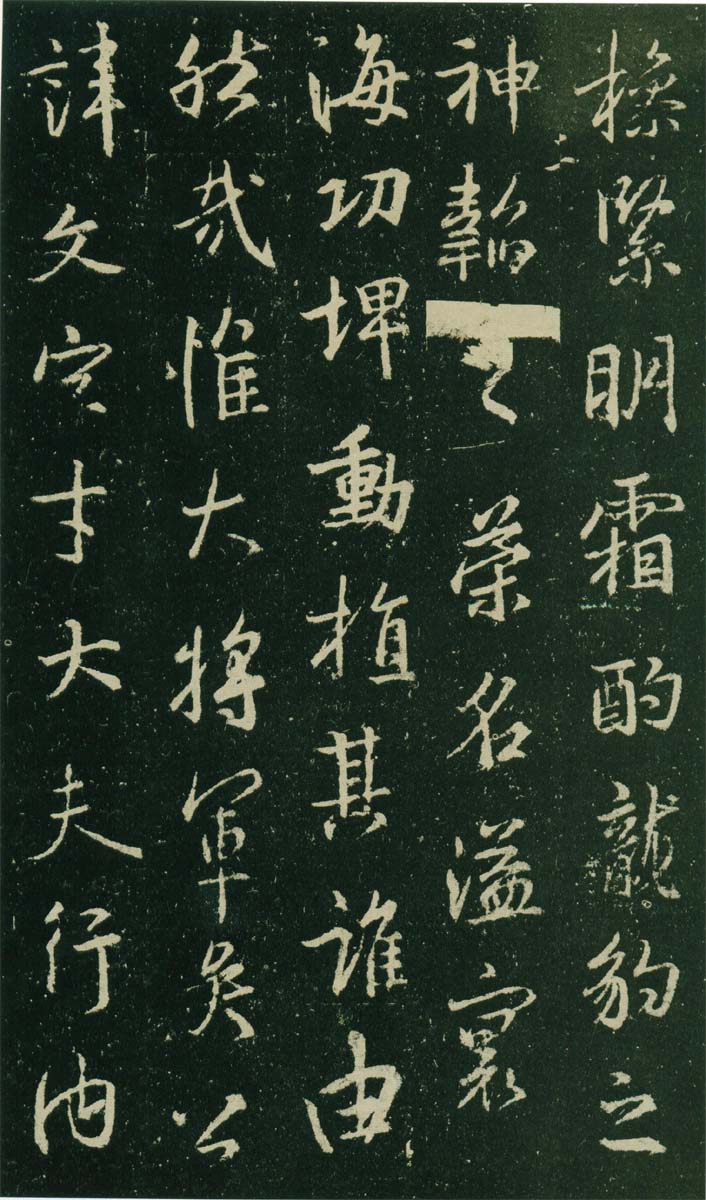
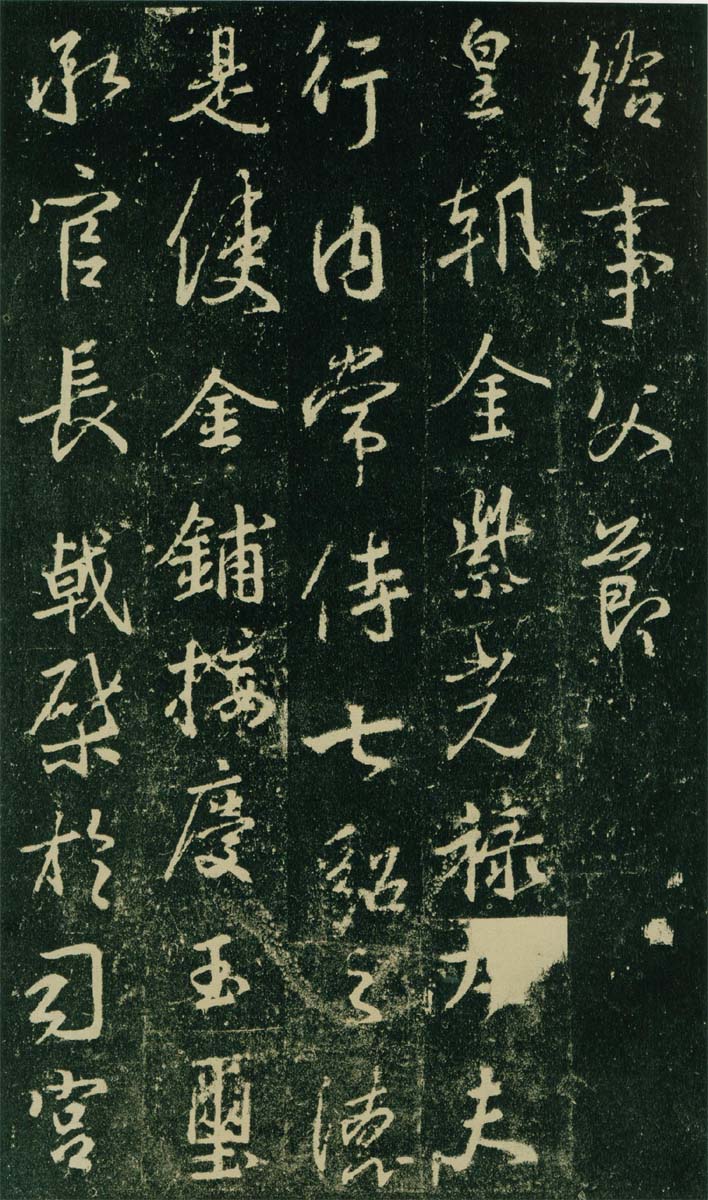
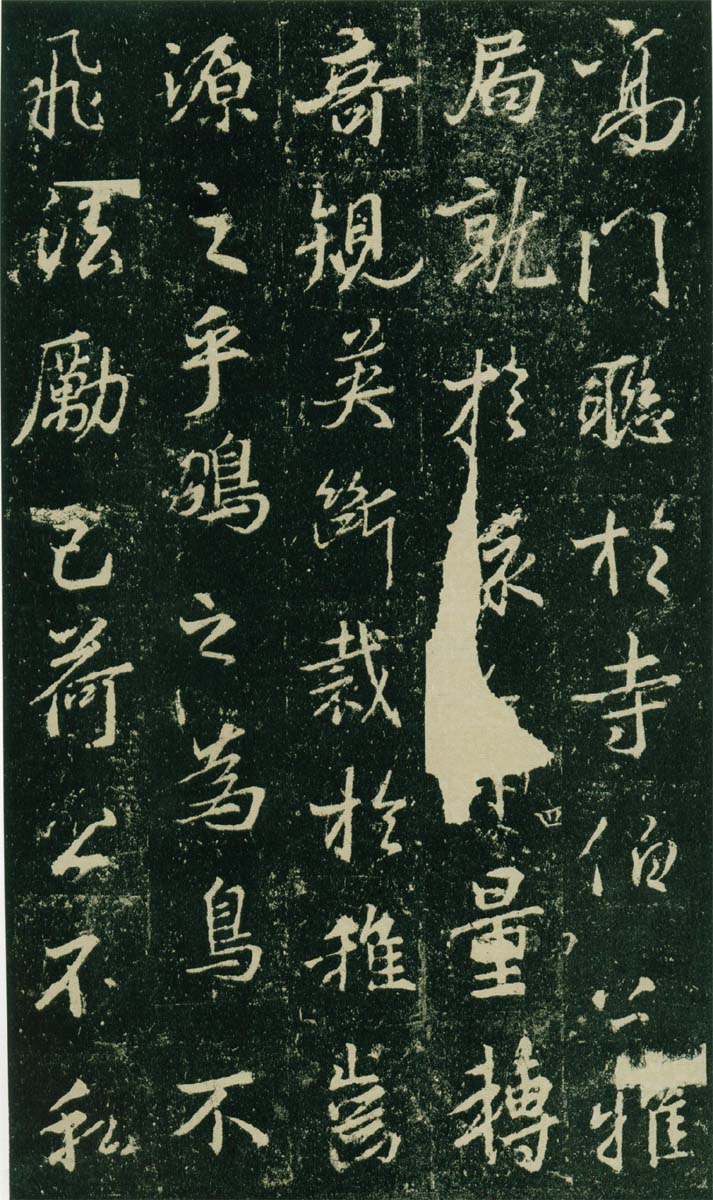
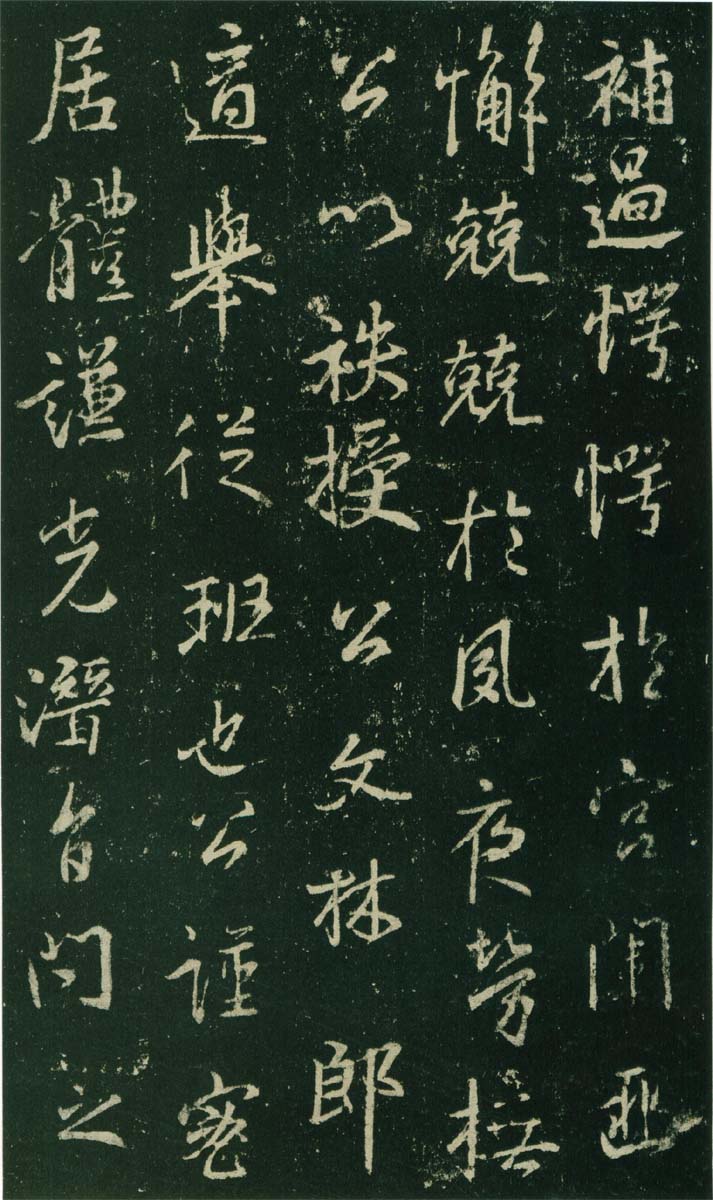
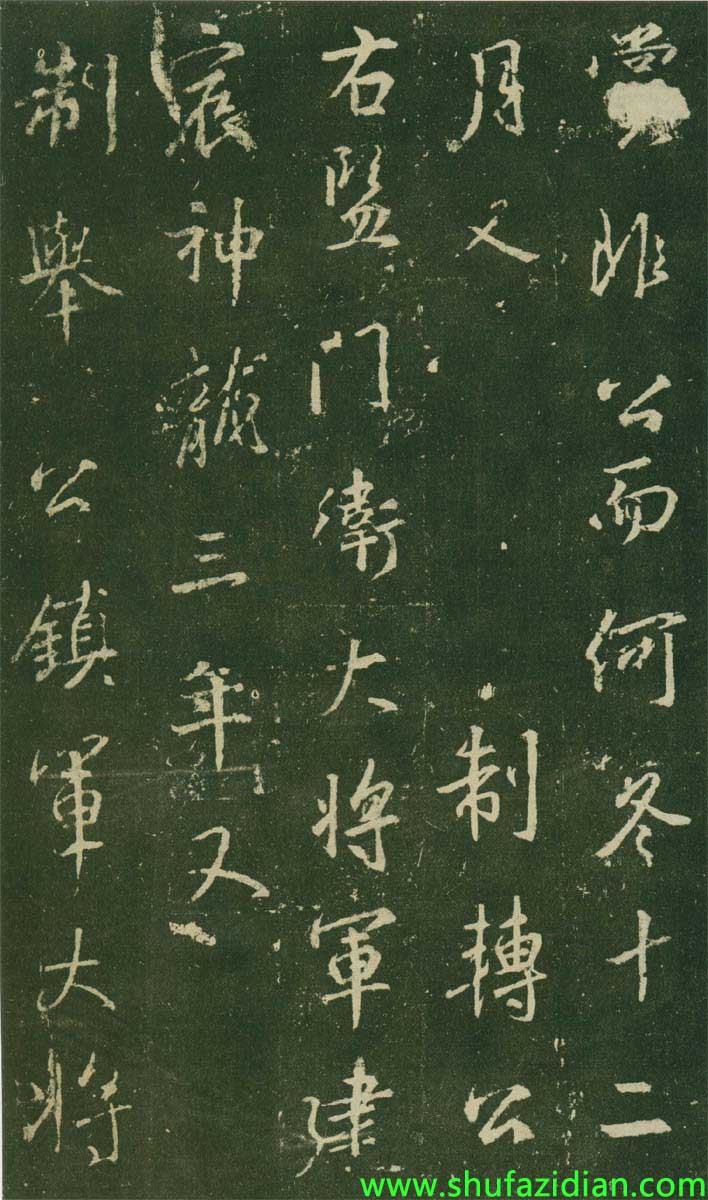
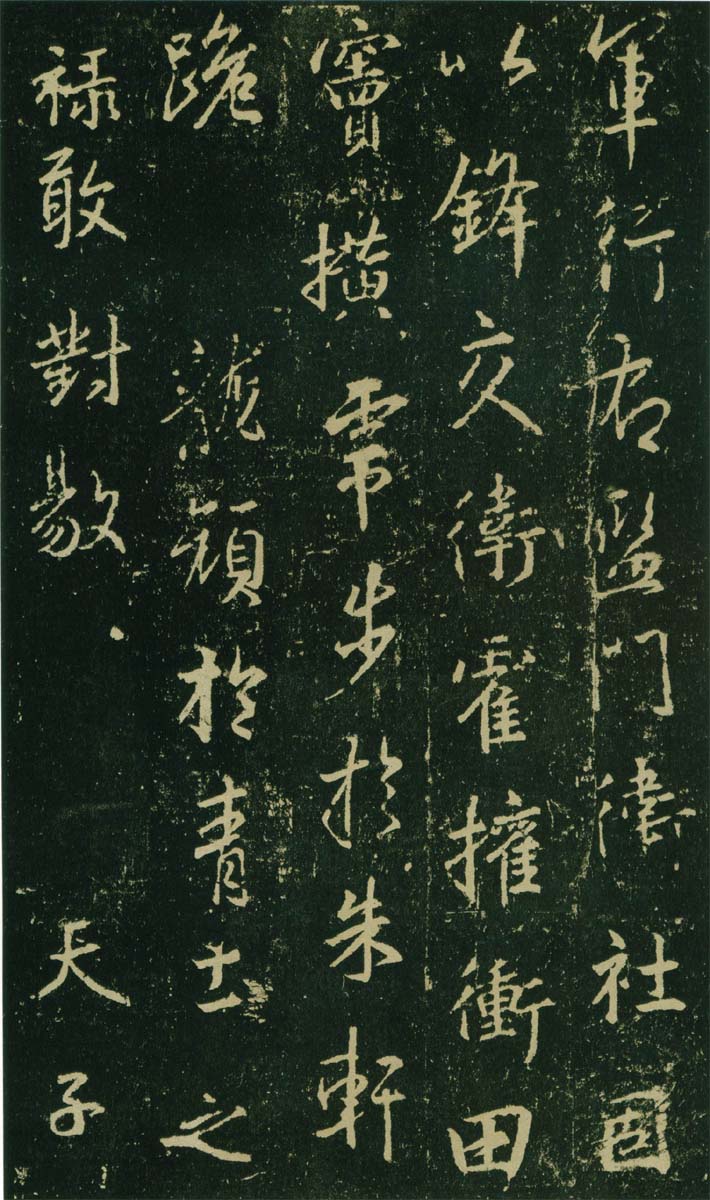
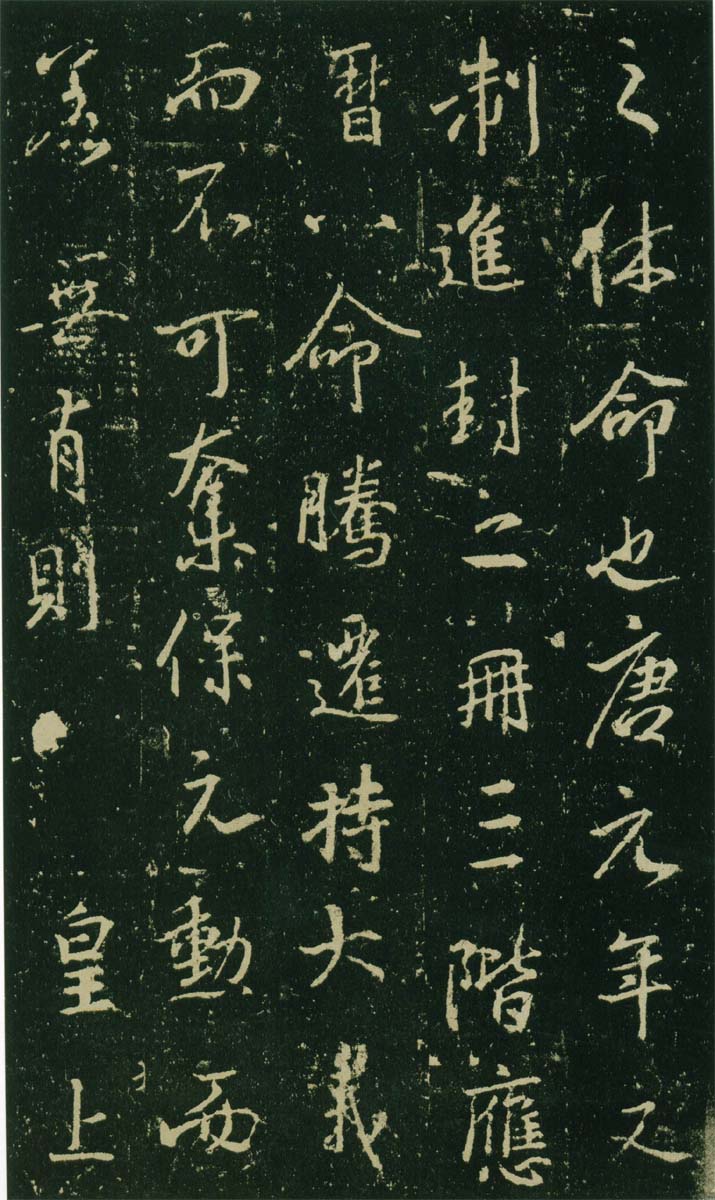
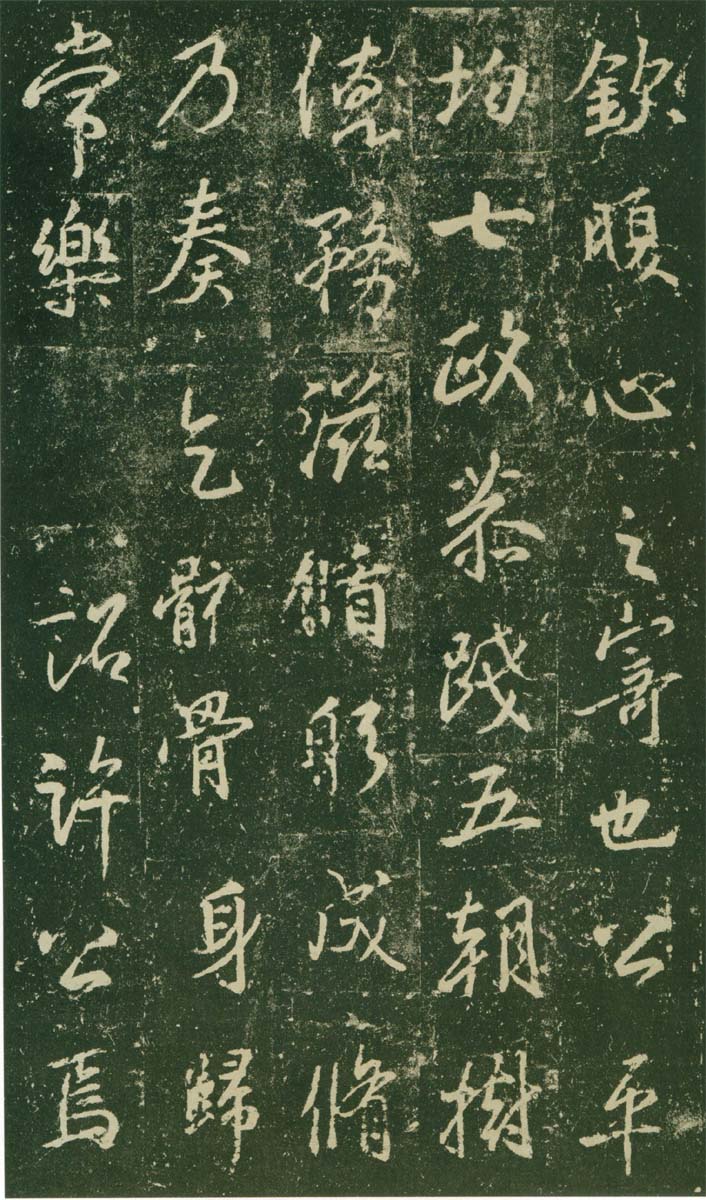
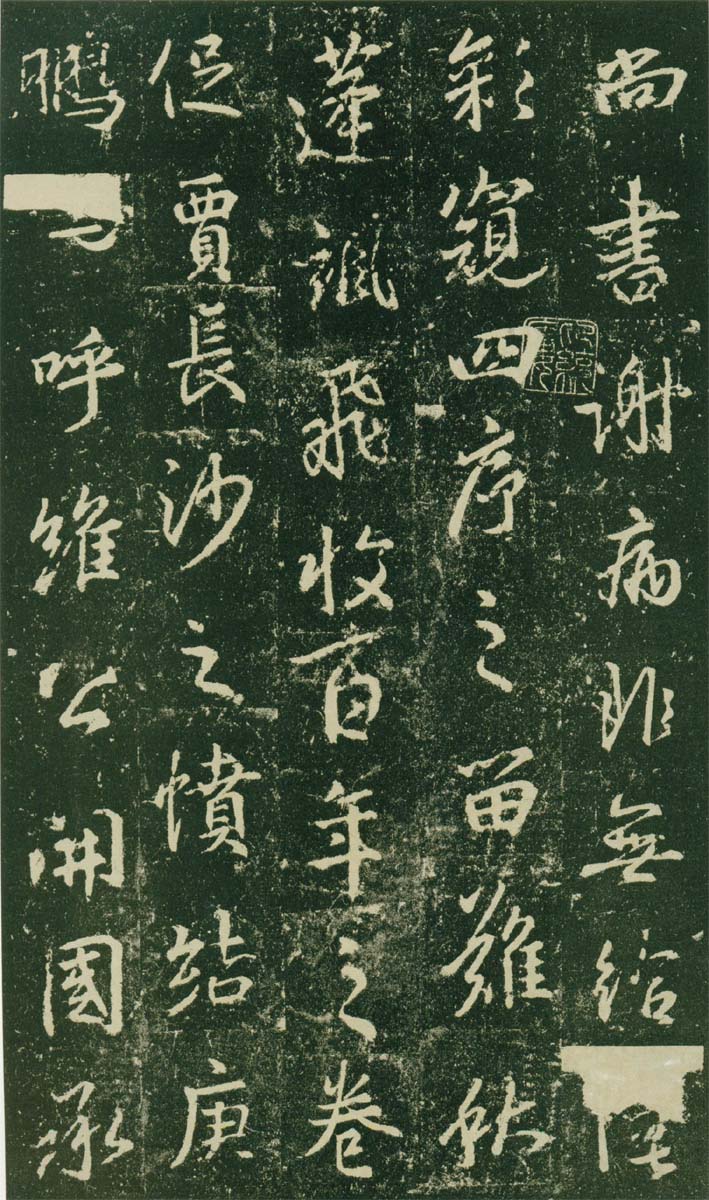
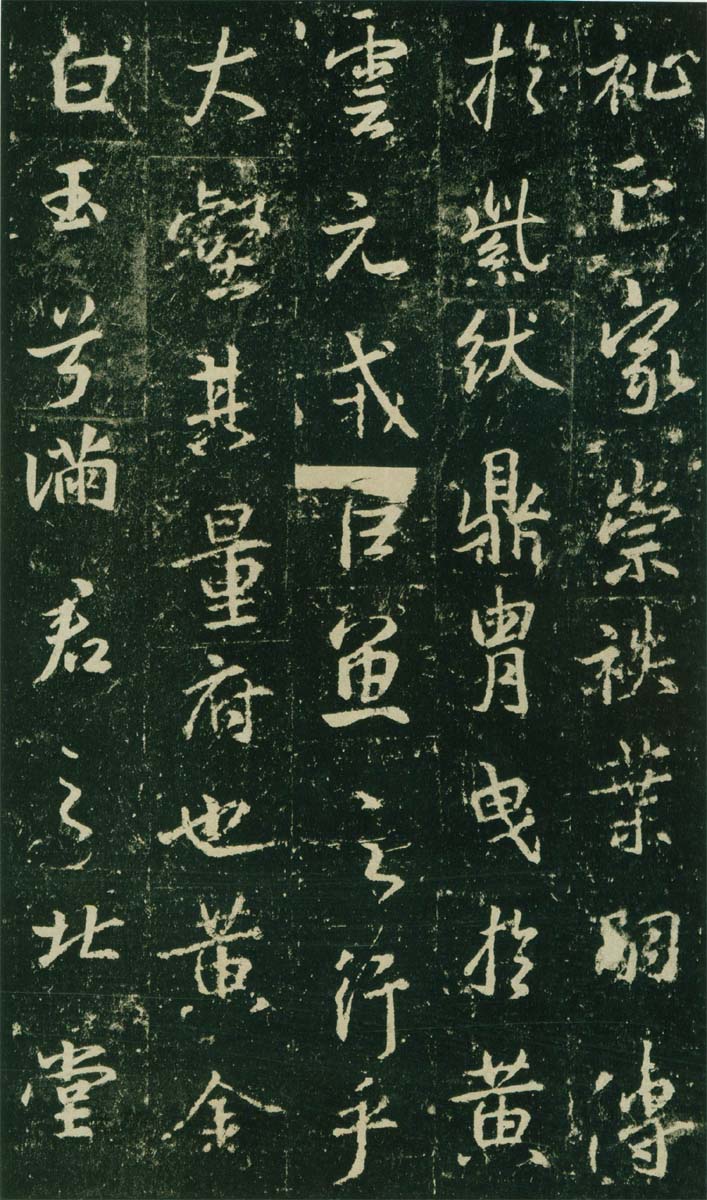
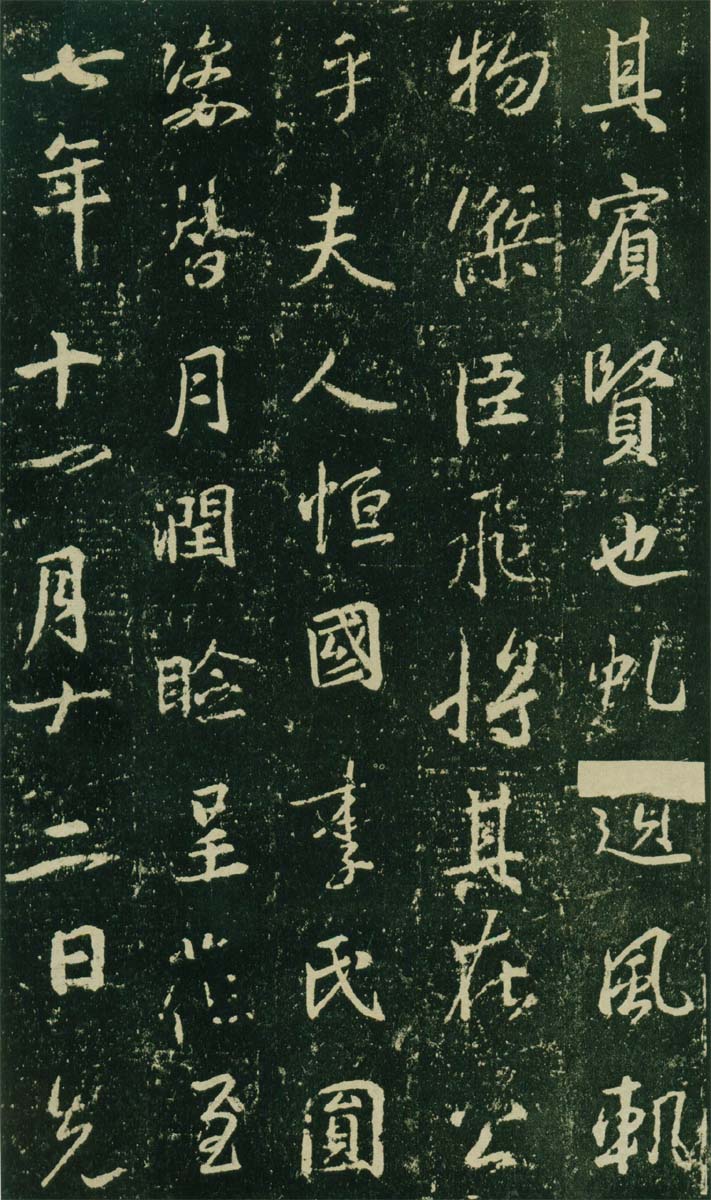
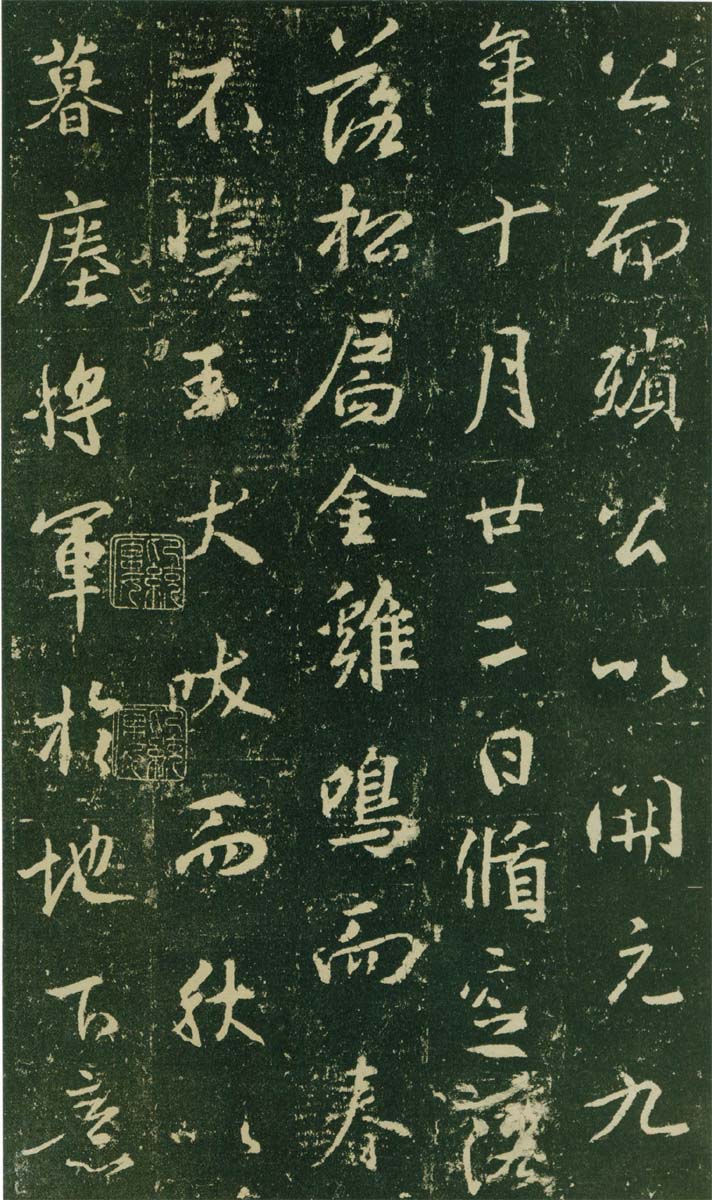
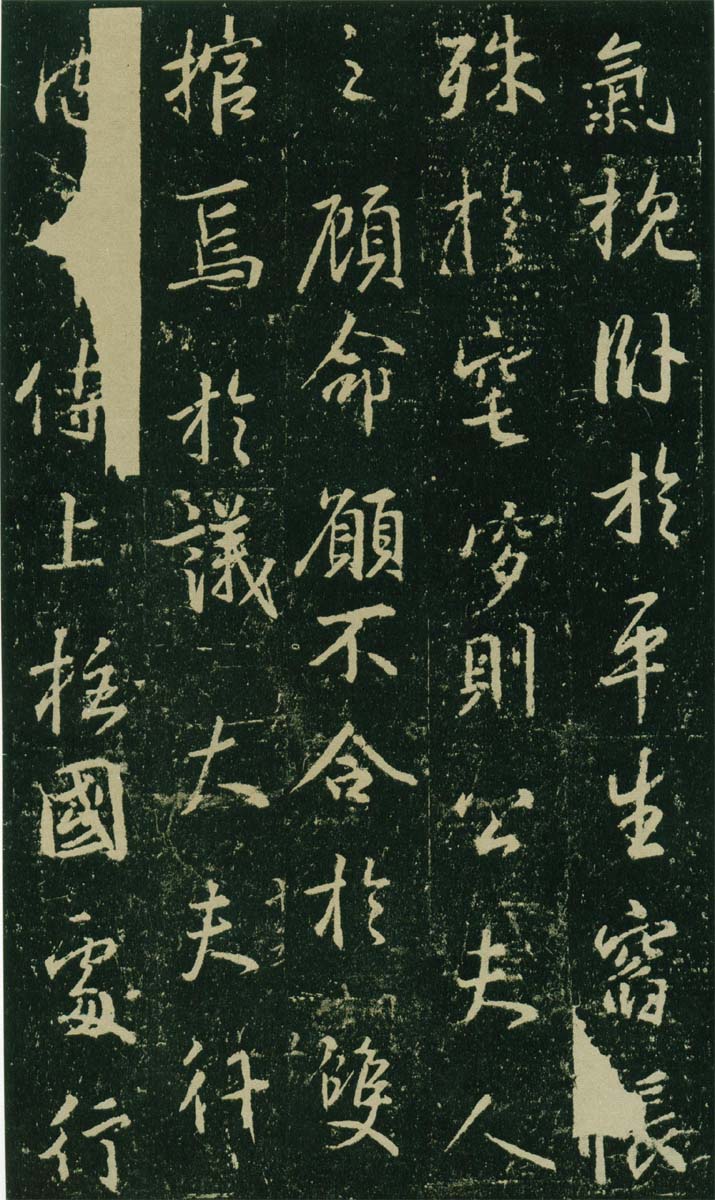
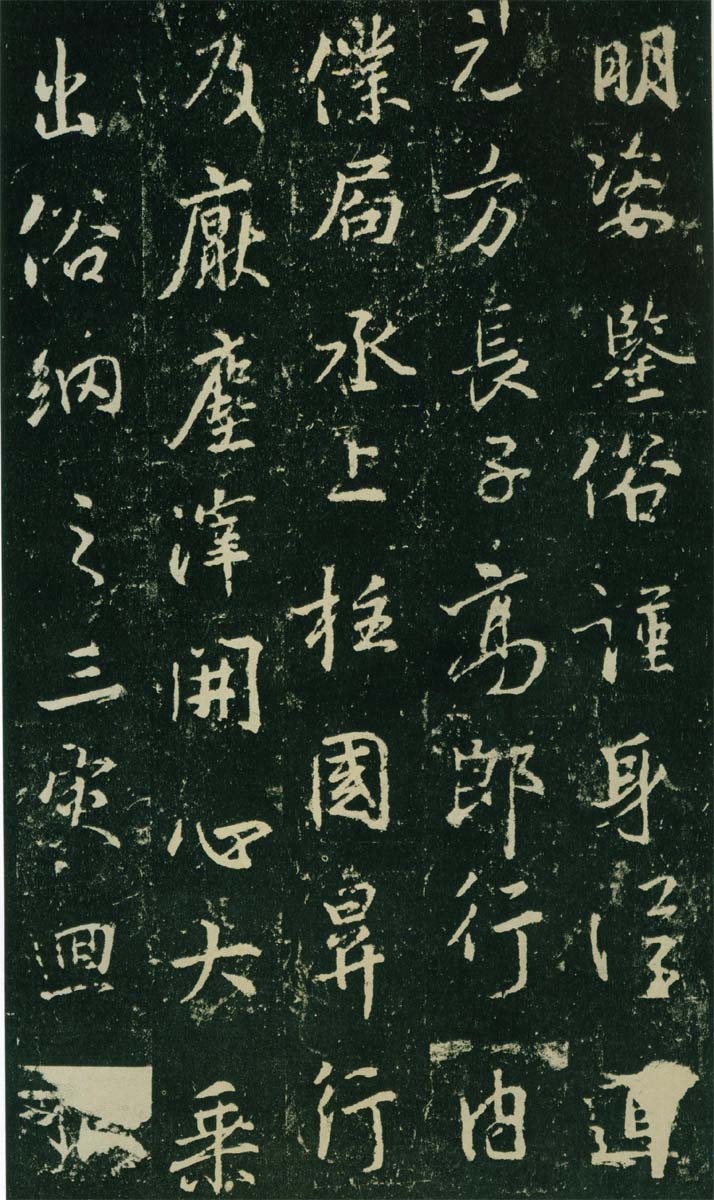
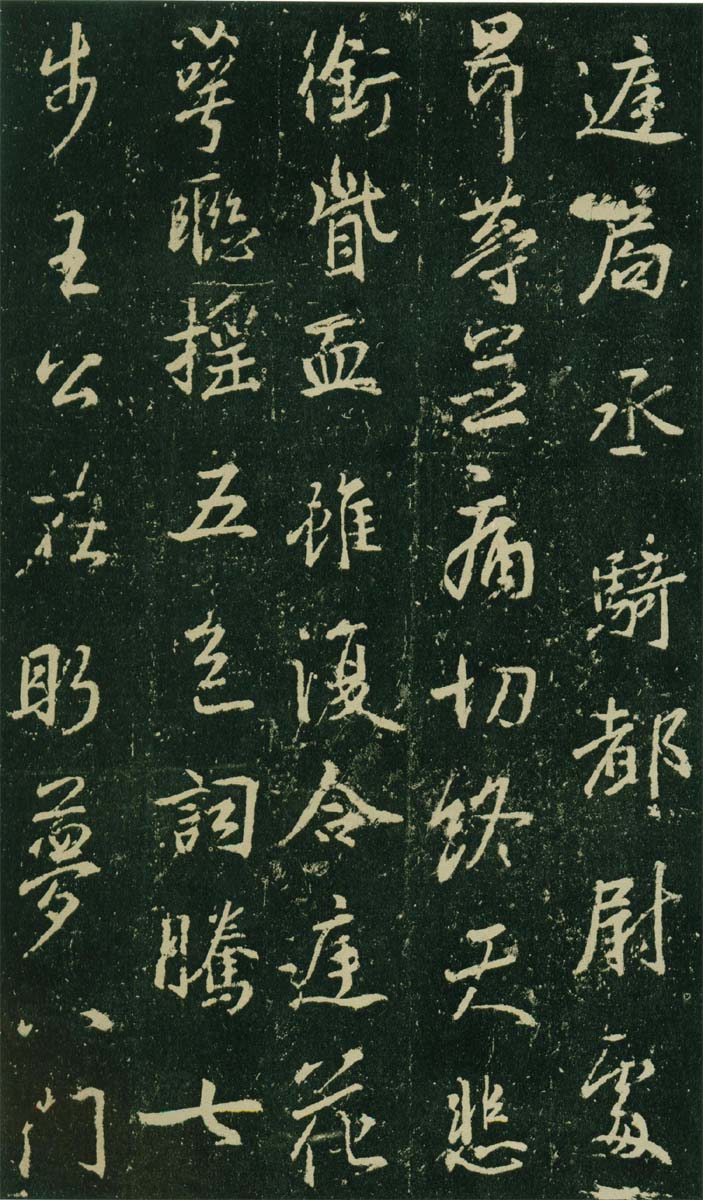
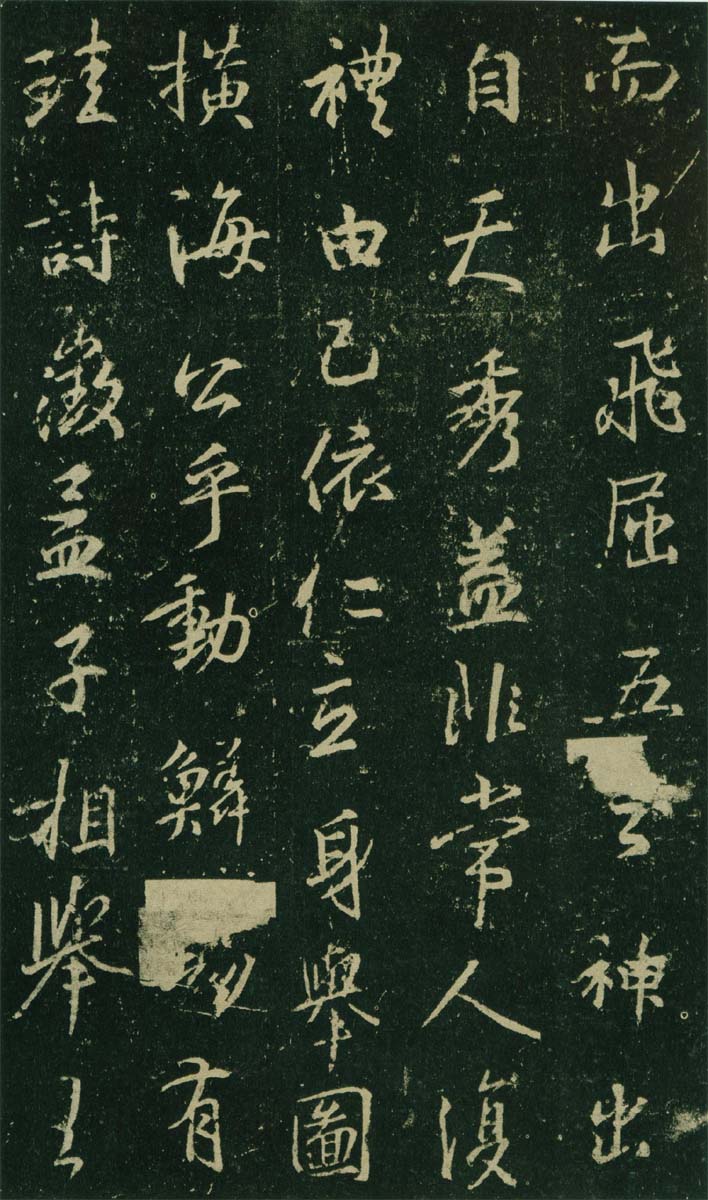
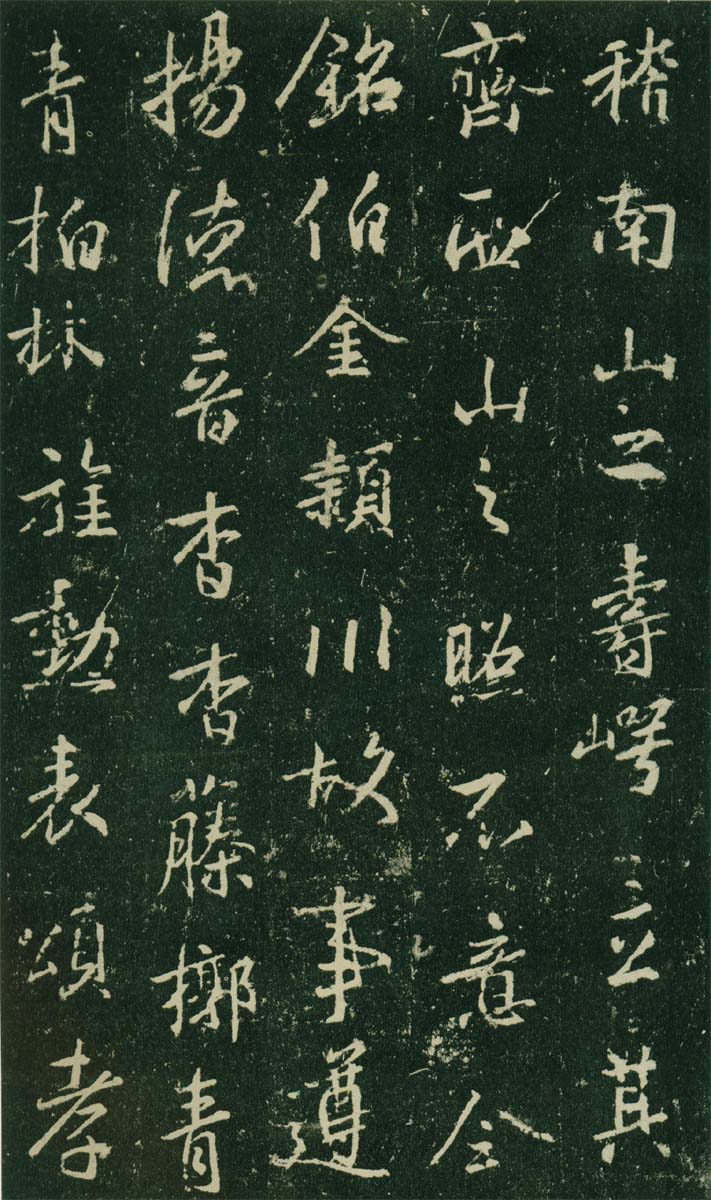
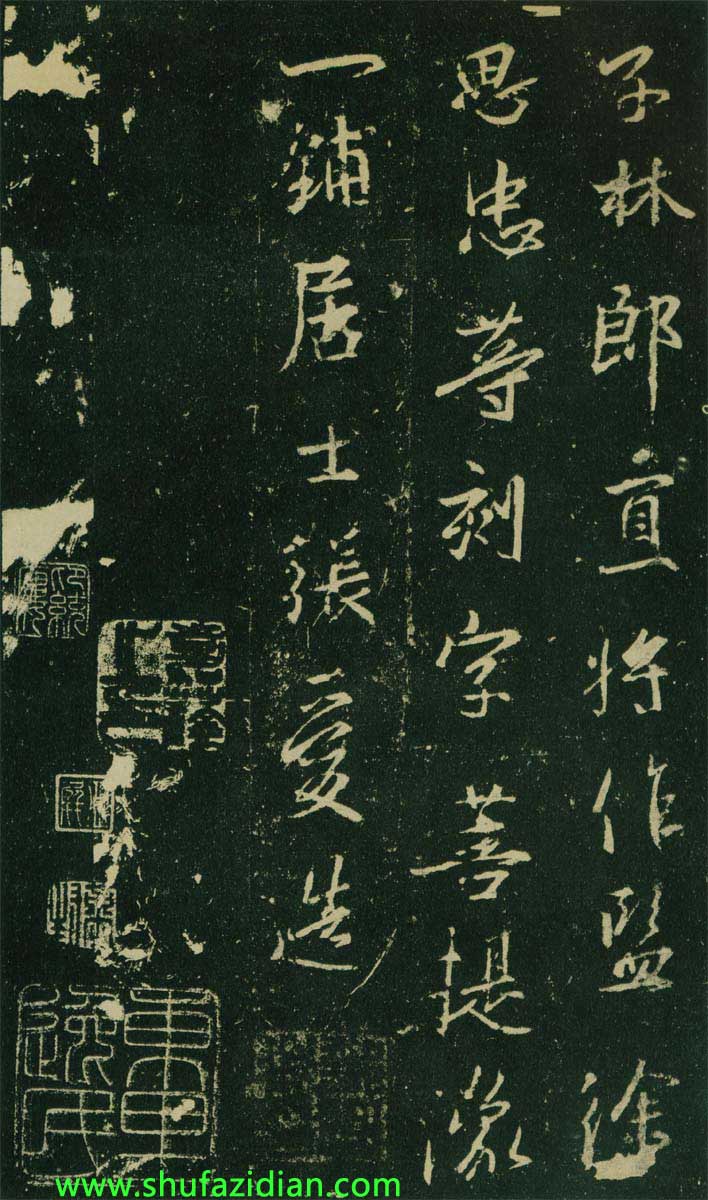
Explanation of half of the stele at Kofukuji Temple:
(1) The monument is kept with the permanent resident at Jingxingfu Temple
(2) Daya Collection: Jin Youjun General Wang Xizhi’s Travel Letter
(3) Ye. Starting from the east town of Shilou, he guarded the squad of the feudal lord; the golden book of the west talisman revealed the rank of the general. although
(4) Division. Lieutenant General Nangong's ban, his courage may be as strong as iron, and he may hold on to the bright frost; he may be as strong as a dragon or a leopard,
(5) Strategies. It is famous all over the world and has great achievements in flora and fauna. Who can take it for granted? Only the general. Public taboo text, word talent
(6) The doctor works in the office, Father’s Day. The imperial doctor Jin Ziguanglu always serves in the office, Qi Diao
(7) The virtue is to make gold pavilions carry celebrations and jade seals carry officials. The long halberd is attached to the palace, and the high gate is connected to the uncle of the temple. male
(8) Elegance begins in the childhood; judgment turns to strange rules, and heroic judgment begins in childhood. Origin: Peng is a bird and cannot fly
(9) The Dharma has been strengthened, and the Duke of Holland is not selfish. He makes up for being stunned in the palace, and the gangsters are cautious at night.
(10) Lao, Fu Gong was promoted to rank, and was awarded the title of Wen Lin Lang. It was appropriate to be promoted to follow the class. Gongjin lives in a secret place, modestly conceals his purpose, and asks questions
(eleven)
(12) What is the reward if it is not fair? In the twelfth month of winter, the general of the gate guard was transferred to the right prison and was established.
(13) Chen. In the third year of Shenlong's reign, the general of the town army was transferred to the public.
(14) Society. Standing firmly against Wei Huo, Quan rushes towards Tian Dou, He strides across Zhu Xuan, Kneeling with the dragon's face in Qing Dynasty
(15) The wealth of the soil means that the emperor will give up his life if he dares to confront him. In the first year of Tang Dynasty, Jinfeng was established again.
(Sixteen) of the book, the third level should be passed, the eight lives will be moved, uphold the righteousness and cannot be taken away, protect the hero and if there is none, then
(seventeen)
(18) A message from the heart of the Emperor. Fairly equalize the administration of the seven dynasties, practice the five dynasties respectfully, cultivate virtue and cultivate virtue, and follow the rules and regulations
(19) Completion. Then he begged for the bones and returned to his usual joy. The edict was issued to Duke Xu. The minister thanked him for his illness, not without giving.
(20) Falling colors reveal the lingering difficulties of the Four Seasons; the fluttering autumn leaves collect the scrolls of a hundred years. Jia Changsha’s Anger, Geng Peng
(廻一) Woohoo! Wei Gong's country is prosperous, his family is high in rank, his descendants are passed on to Zi Fu, and his cauldron is dragged in the yellow clouds. Yuan Rong
(廻二) The giant fish travels to the great ravine, which is the measure of his mansion; the gold and white jade that fills the king's north hall are his guests. dragon
(廻三) Send wind objects, distinguished ministers and flying generals, are they in public? His wife, the Li family of Hengguo, has a round figure that looks like the moon, and her face looks like flowers.
(廻IV) On the 12th day of the 11th month of the seventh year, the deceased was buried. Announced on October 23, the ninth year of Kaiyuan, according to the
(廻五) The pines are falling, the golden rooster crows but spring has not yet dawned, the jade dog barks and autumn approaches twilight, the general is lying underground, his spirit is high
(廻VI) I have been lying on my pillow for a lifetime, and the curtain is different from the curtain. Then the father-in-law and his wife care about their fate and wish not to fit in the double coffin. At
(廻七) Yi Dafu often serves Shangzhu when traveling in the country. Be aware of the customs and follow the Tao. Gao, the eldest son of Yuan Fang
(廻八) Lang Xing’s inner servant, Prime Minister Shangzhu, was promoted to the country, and he was tired of the dust. He was happy about the Mahayana, and he returned from the three disasters of the world.
(廻九) Tingju Chengqi Duwei Chuang and others grieved for the whole day, and the canthus was bleeding in grief. Although the calyx of the compound garden is combined,
(Thirty) Five colors are shaken, the words are seven steps, the prince is in the sky, and the Holy Lord acknowledges the knowledge. Dreaming of eight gates and flying out, bending five
(31)
(32) The God comes from Tianxiu and is not a human being. It is up to oneself to restore etiquette and establish oneself in accordance with benevolence. Lifting the map across the sea, the scales are moving.
(33) Ru Yougui. The poem is a tribute to Mencius, and the ministers are praised by Wang Ji. The longevity of the Nanshan Mountains is the same as those of the Western Mountains; the sunshine of the Western Mountains is not complete.
(34) Bo Mingjin. The story of Yingchuan follows the sound of Yang De. Yao Yao vine coffin, green cylindrical trees. Praise for honor, filial son
(35) Lin Lang directed the engraving by Xu Sizhong and others. A shop of Bodhi statues, built by the layman Zhang Ai

